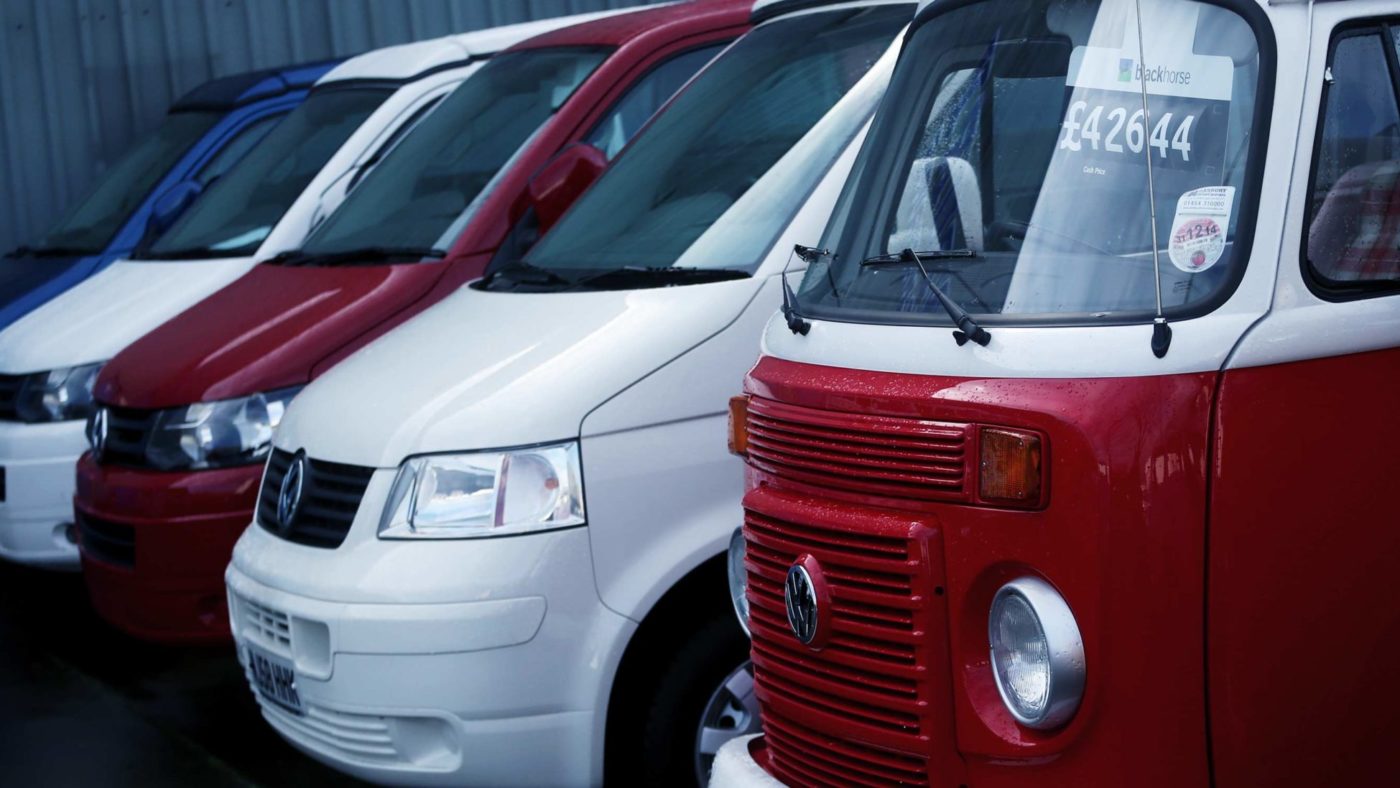What happens when you take global emissions standards, EU rules and a bit of local goldplating? A 705% tax rise on campervans that threatens to decimate the industry, is the dispiriting answer.
As so often when plunging down the usual rathole of bureaucratic obfuscation, some of how we got to this point seems reasonable at first glance.
Given what VW and and others have done to the credibility of emissions standards, a change of some kind was always coming down the track.
To start from first principles, vehicles which do a high mileage should indeed be more tightly constrained on their emissions than those which do the odd putter about. On the sensible basis that it is aggregate emissions that matter, the vast majority of them come from those vehicles doing all the mileage. This is as true of CO2 as it is NOx and particularates – it’s the gross volume that matters, not the contribution of a single vehicle. It therefore makes sense that standards should be stronger for cars or vans doing more mileage – which generally means commercial rather than personal vehicles.
In the case of our overtaxed campervans, what has happened is that there are new restrictions on the emissions from diesel engines. Vehicles which don’t meet these new tests must pay up when entering low emissions zones and the like, which seems reasonable enough.
So, what’s the problem? Well, the British government has decided that camper vans should no longer be classified as commercial vehicles. Sure, they are built on a commercial vehicle chassis, they use commercial vehicle engines, but in fact they should be classified as cars. Cars with big engines pay much higher Vehicle Excise Duty than commercial vehicles with the same power plant – hence the seven-fold tax rise.
Just to spell out what that means for campervans, the VED payable for in the first year has now gone from £265 to £2,135 – plus an extra £200 a year every year thereafter. That’s no small matter for would-be owners, let alone the tens of thousands of people who work in the industry.
It’s worth taking a step back and looking at the perverse consequences of our existing taxation system – because they attract less tax, commercial vehicles are flogged to within an inch of their possible mileage, whereas private cars are generally not. This makes no sense from an environmental point of view – after all we ought to be bothered about total emissions and mileage, yet the tax is lower on the higher mileage vehicles.
And it gets worse. It is only new campervans with the new engines which meet the new emissions standard which will pay the higher VED. Those still rolling around with the higher emissions engines don’t. That means – and again it seems too backward to be true – that drivers are effectively being punished for producing fewer emissions.
It’s a quite stellar example that when bureaucrats try to get involved in planning parts of a dynamic economy, they can end up making some pretty hideous mistakes. It’s also a rejoinder to the mythical idea that more government is somehow the green option.
Remember that if you looked east from the Brandenburg Gate in 1989, you would have seen a grossly polluted landscape populated by those as poor as church mice. Our humble campervans may not be the most crucial example, but they make the general point elegantly all the same.
The UK is taxing lower emissions vehicles more than higher emissions vehicles, all in the name of reducing emissions. Only a bureaucracy could come up with that.
Click here to subscribe to our daily briefing – the best pieces from CapX and across the web.
CapX depends on the generosity of its readers. If you value what we do, please consider making a donation.


